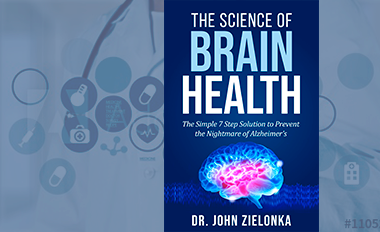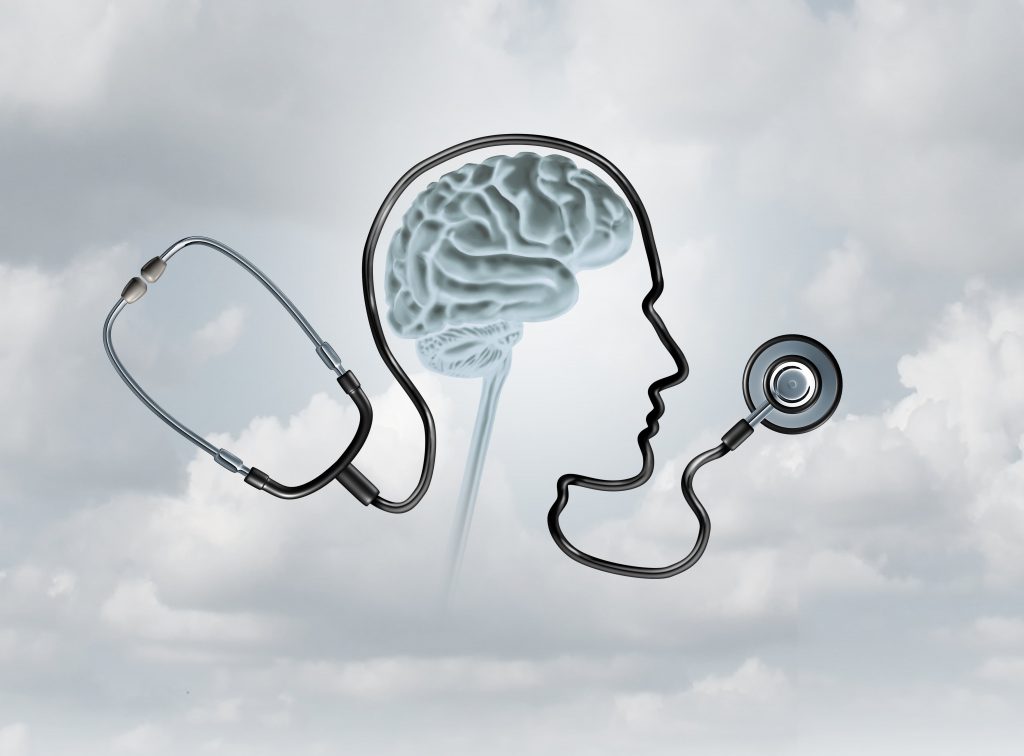Today you’ll discover the support system provided by the Alzheimer Society of Canada and the Alzheimer’s Association in the United States. You will also learn how important it is to seek Alzheimer’s help, especially if you’re a caregiver for someone suffering with Alzheimer’s.
This is the 5th and final article in a series where you have now discovered:
- How prevalent the risk of Alzheimer’s is to everyone
- What a deadly disease it is
- How completely ineffective medicine is at dealing with it
- The role of both genetics and epigenetics in both early onset Alzheimer’s and late onset Alzheimer’s
- The link between Alzheimer’s and aluminum

Alzheimer Society
In my first 4 articles you’ve discovered just how important it is to take a new and proactive approach when it comes to preventing the nightmare of Alzheimer’s from ever occurring in the first place.
Currently, over 5 million people suffer with Alzheimer’s in the United States who desperately need support that goes well beyond what any doctor or hospital can provide. This is where true angels can be found in the incredible efforts put forth by Alzheimer’s societies, caregivers and support workers.
Alzheimer Society Of Canada
The Alzheimer Society of Canada is located at:
20 Eglinton Avenue West, 16th Floor, Toronto, Ontario, Canada
Tel: 416-488-8772 or Toll-free: 1-800-616-8816
Although there are also chapters across Canada in many major cities.
Its functions are many including to:
- Represent Alzheimer’s patients and their rights
- Provide support groups
- Provide education and information
- Encourage research and financial donations
- Provide support to caregivers and family members
The Alzheimer Society of Canada has gone so far as to have developed the first-ever Canadian Charter of Rights for People with Dementia.
“The landmark Charter is the culmination of over a year’s work by the Society’s Advisory Group of people with dementia, whose members represent different walks of life from across the country. The Charter defines seven explicit rights to empower Canadians living with dementia to self-advocate, while also ensuring that the people and organizations that support them know and protect their rights.”
They have also taken the position that “Canada needs a fully-funded national dementia strategy”.
Alzheimer Association
In the United States it is the Alzheimer Association that plays this same role. One of their goals is to educate the public on the early warning signs of Alzheimer’s. According to them they are:
- Memory loss that disrupts daily life
- Challenges in planning or solving problems
- Difficulty completing familiar tasks
- Confusion with time or place
- Trouble understanding visual images and spatial relationships
- New problems with words in speaking or writing
- Misplacing things and losing the ability to retrace steps
- Decreased or poor judgment
- Withdrawal from work or social activities
- Changes in mood and personality

Alzheimer Help and Alzheimer Caregivers
My book “The Science of Brain Health – The Simple 7 Step Solution to Prevent the Nightmare of Alzheimer’s”, would seem to refer to the nightmare experienced by the person with Alzheimer’s. However, it also applies to the nightmare experienced by the caregiver.
The non-stop daily toll that is both physically and emotionally exhausting for caregivers, often family members, is heart-breaking. It can be 24/7 for 365 days of the year and go on for years. As such, it is essential that caregivers reach out and get support whenever possible. I have seen this personally and tell many of these stories in my book.
Is Alzheimer’s Communicable?
I know what you’re thinking. Alzheimer’s is not caused by a virus or bacteria so of course it’s not communicable. However, I and many other experts would disagree.
Alzheimer’s is not communicable in the sense that you’ll catch it from someone if they sneeze on you; rather, if you’re a caregiver it’s the endless stress, lack of sleep and emotional distress that do in fact play a major role in contributing to many of the 6 major causes of Alzheimer’s.
As such, the health of the caregiver (or any family member) dealing with an Alzheimer’s patient must be a priority in order for the caregiver to prevent Alzheimer’s.

What Needs To Change
As you’ve read, I can’t say enough good about the Herculean efforts put forth by these societies and especially caregivers. But here’s what has to change.
Firstly, it’s great that the Alzheimer Society of Canada has taken the position that “Canada needs a fully-funded national dementia strategy” but what strategy?
Will it be the same drug approach that is looking to reduce plaque? Even their most proactive doctors believe that their drugs failed only because they weren’t given to the patient early enough.
Or, will they continue to collect donations that go towards the same failed approach?
Furthermore, will the Alzheimer Society in the United States continue to promote the 10 warning signs that are typically way too late? As these are not early warning signs; rather, they are indicative of someone who is already likely in stage 3 Alzheimer’s.
Therefore, if we are truly ever going to prevent this dreaded disease, we need to understand what health and prevention really mean and we must take a new approach.

So What’s Next?
If you’ve got to this point in my 5 article series, likely you’re:
- Concerned about early warning signs that you’re personally experiencing, that a loved one is experiencing (that you may be caring for)
- You’re proactive enough to appreciate that you must take action to both optimize brain function and prevent the nightmare of Alzheimer’s from ever occurring in the first place.
We need to understand the true definition of health and prevention and we need a new approach. I invite you to share these articles with your friends and loved ones. Also, I invite you to discover what true health really is and a new approach to preventing Alzheimer’s by reading my book,
“The Science of Brain Health – The Simple 7 Step Solution to Prevent the Nightmare of Alzheimer’s”
Also, for those who wish to work with me, watch my masterclass “Brain Health for Life – The New Science-based Approach to Maintain Razor Sharp Memory, Laser Focused Learning and Prevent Brain Decline without Drugs Even if Your Genetics and Age Say Otherwise”.

